Sale OEM Pneumatic Deck Electric Battery Needle Scalers in China
In the world of surface preparation and maintenance, pneumatic deck scalers and electric needle scalers have emerged as indispensable tools. These powerful machines are designed to transform surfaces, making them ready for new applications or restoring their original appearance. This article delves into the capabilities, applications, and benefits of Sale pneumatic deck scalers and electric needle scalers, highlighting their role in transforming surfaces across various industries.
Understanding Pneumatic Deck Scalers. OEM Electric Needle Scalers are robust, high-performance tools that utilize compressed air to drive a series of chisels or blades. These machines are specifically designed for heavy-duty applications, such as removing coatings, concrete, and other hard materials from large surfaces.
Electric needle scalers, on the other hand, are versatile and user-friendly tools that use an array of needles to remove surface defects. They are ideal for smaller-scale projects and can be easily maneuvered in tight spaces.
Pneumatic deck scalers are widely used in construction, bridge maintenance, and industrial settings. They are particularly effective in removing stubborn coatings, such as epoxy, paint, and adhesives, from large surfaces. Their powerful chisels can also break down concrete and other hard materials, making them ideal for surface leveling and preparation for new applications.
Electric needle scalers are commonly used in automotive, marine, and aviation industries for removing rust, paint, and other surface defects. Their precision and control make them suitable for delicate tasks, such as cleaning engine parts or preparing aircraft surfaces for repainting.
Benefits of Using Pneumatic Deck Scalers. The benefits of using pneumatic deck scalers are numerous. They offer high efficiency, rapid material removal, and low operator fatigue due to their ergonomic design. Additionally, pneumatic deck scalers are durable and require minimal maintenance, making them a cost-effective choice for long-term use.
Advantages of Electric Needle Scalers. Electric needle scalers offer several advantages, including ease of use, precision, and adaptability. They are lightweight and portable, allowing for easy transportation and maneuverability in confined spaces.
When using pneumatic deck scalers, it is crucial to follow safety guidelines to prevent accidents and injuries. Operators should wear appropriate personal protective equipment, such as safety glasses, gloves, and ear protection. Additionally, regular maintenance and inspection of the pneumatic deck scaler are essential to ensure its safe operation.
Safety is also a priority when using electric needle scalers. Operators should be aware of the electrical hazards and ensure that the equipment is used according to the manufacturer's guidelines. Proper grounding and insulation are necessary to prevent electrical shocks, and regular inspections should be conducted to maintain the safety and performance of the electric needle scaler.
Maintenance of Battery Needle Scaler in China. Proper maintenance of pneumatic deck scalers is essential for their longevity and performance. This includes regular cleaning, lubrication, and inspection of the chisels and other components. By following a maintenance schedule, operators can extend the life of their pneumatic deck scalers and ensure performance.
Care and Maintenance of Electric Needle Scalers. Electric needle scalers also require regular care and maintenance to maintain their efficiency and safety. This includes checking the condition of the needles, ensuring the motor is clean and well-lubricated, and inspecting the electrical components for any signs of wear or damage.
Pneumatic deck scalers, while efficient, can generate dust and debris during operation. It is essential to implement dust control measures, such as using vacuum systems or wet-cutting techniques, to minimize the environmental impact of these machines.
Electric needle scalers are generally more environmentally friendly than their pneumatic counterparts, as they do not produce emissions or require compressed air. However, it is still important to manage the waste materials generated during the process effectively to minimize environmental impact.
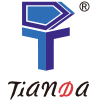

 English
English  English
English 中文简体
中文简体
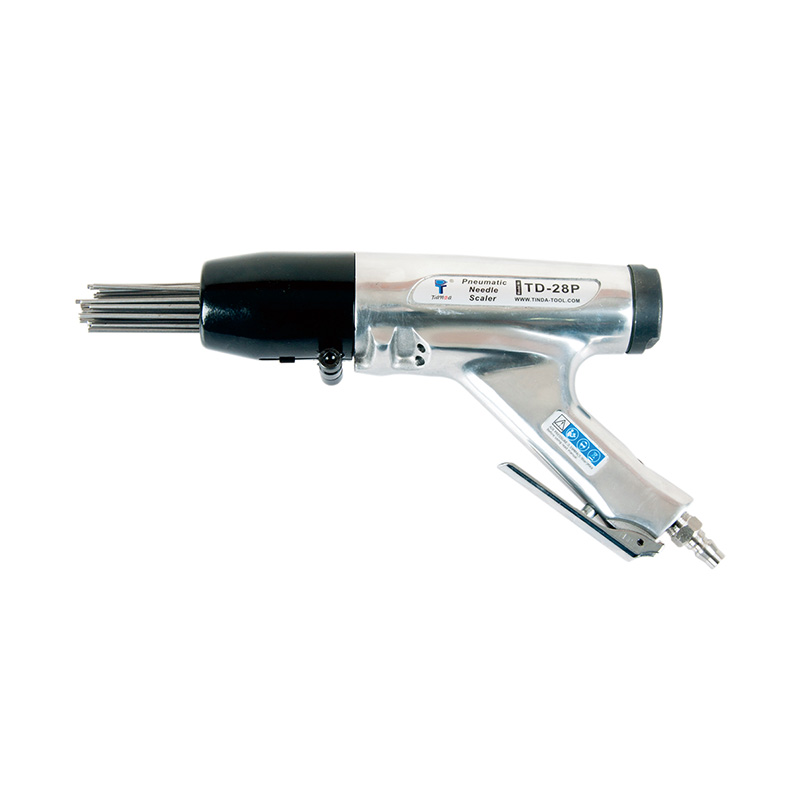
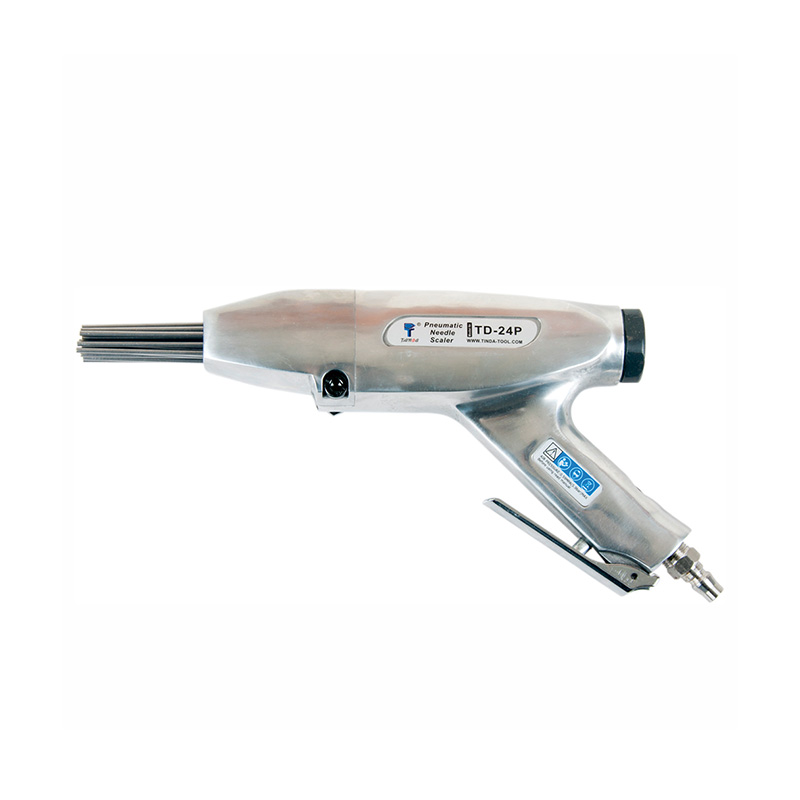
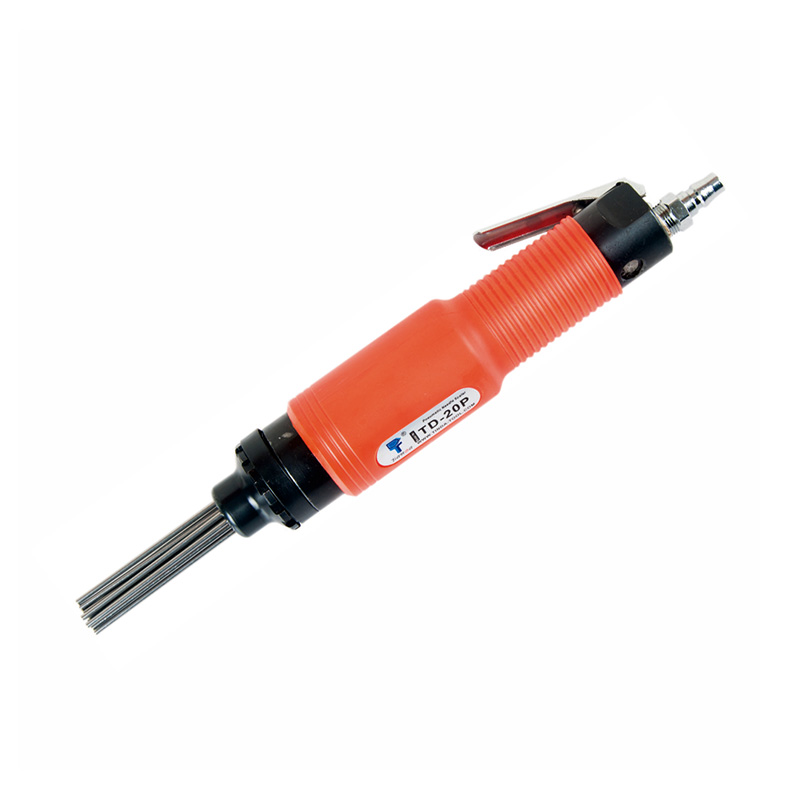
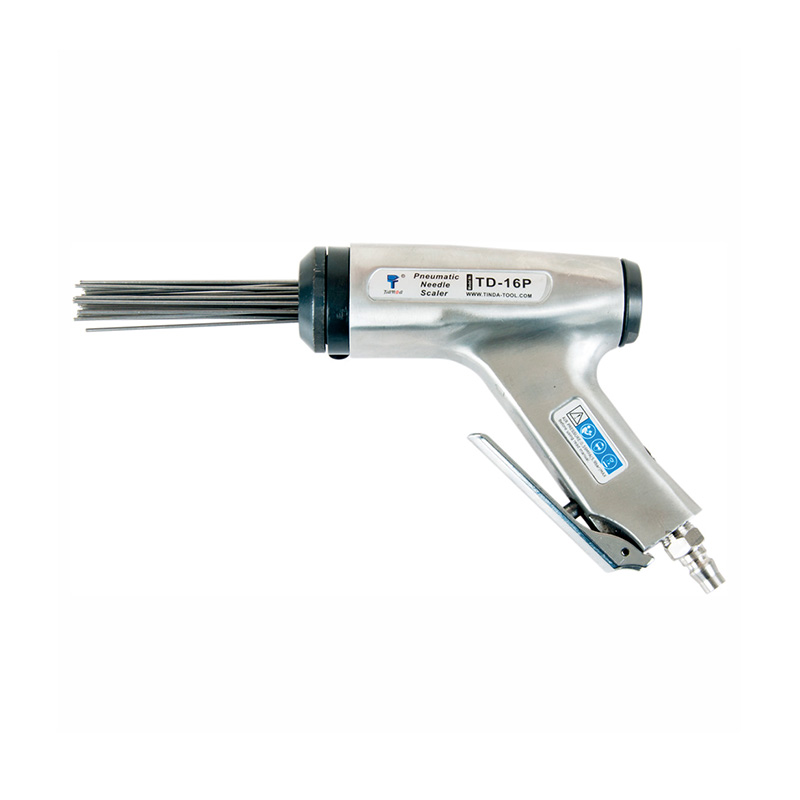
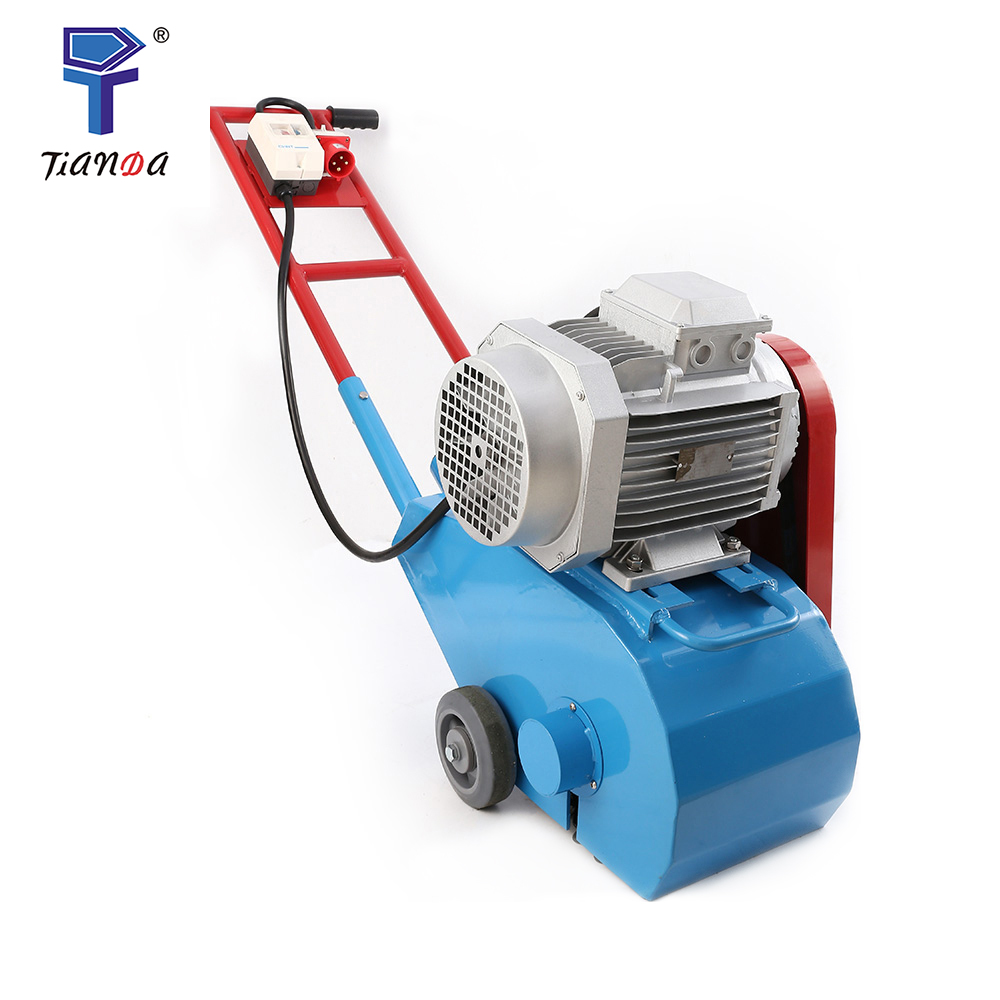
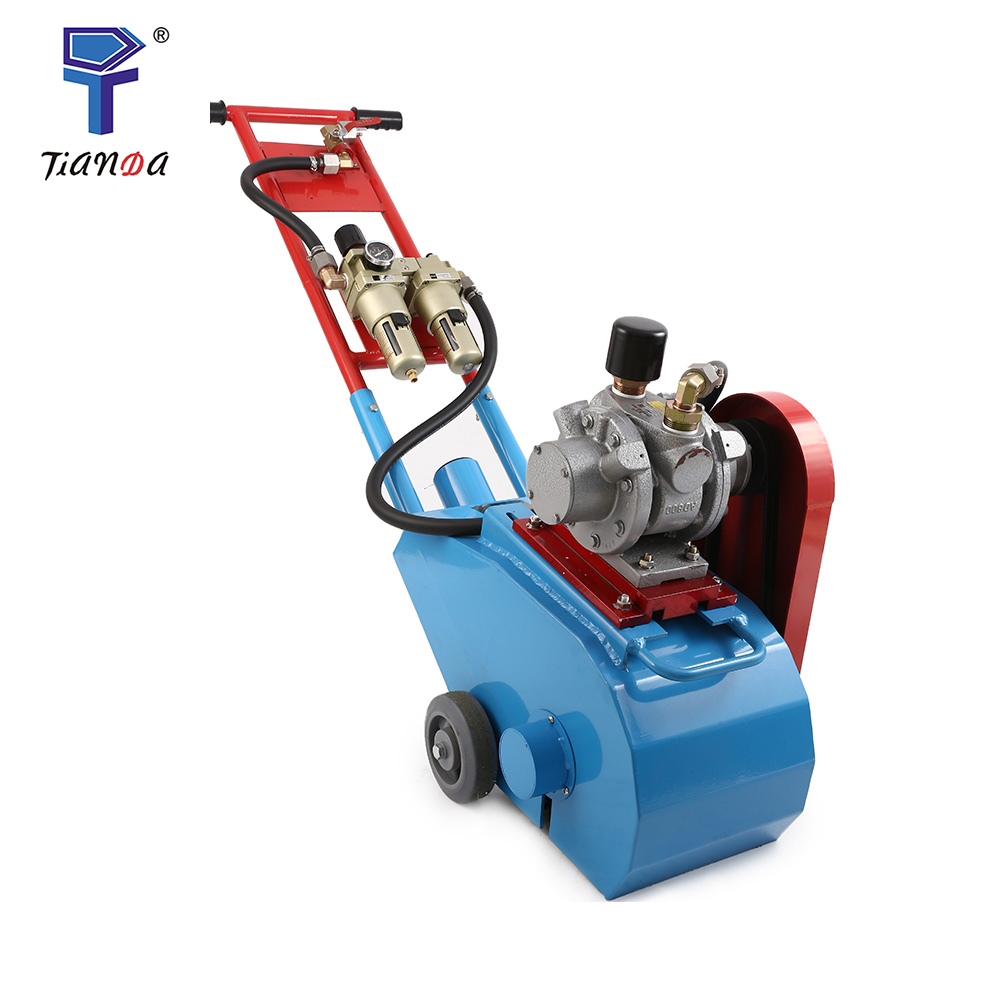
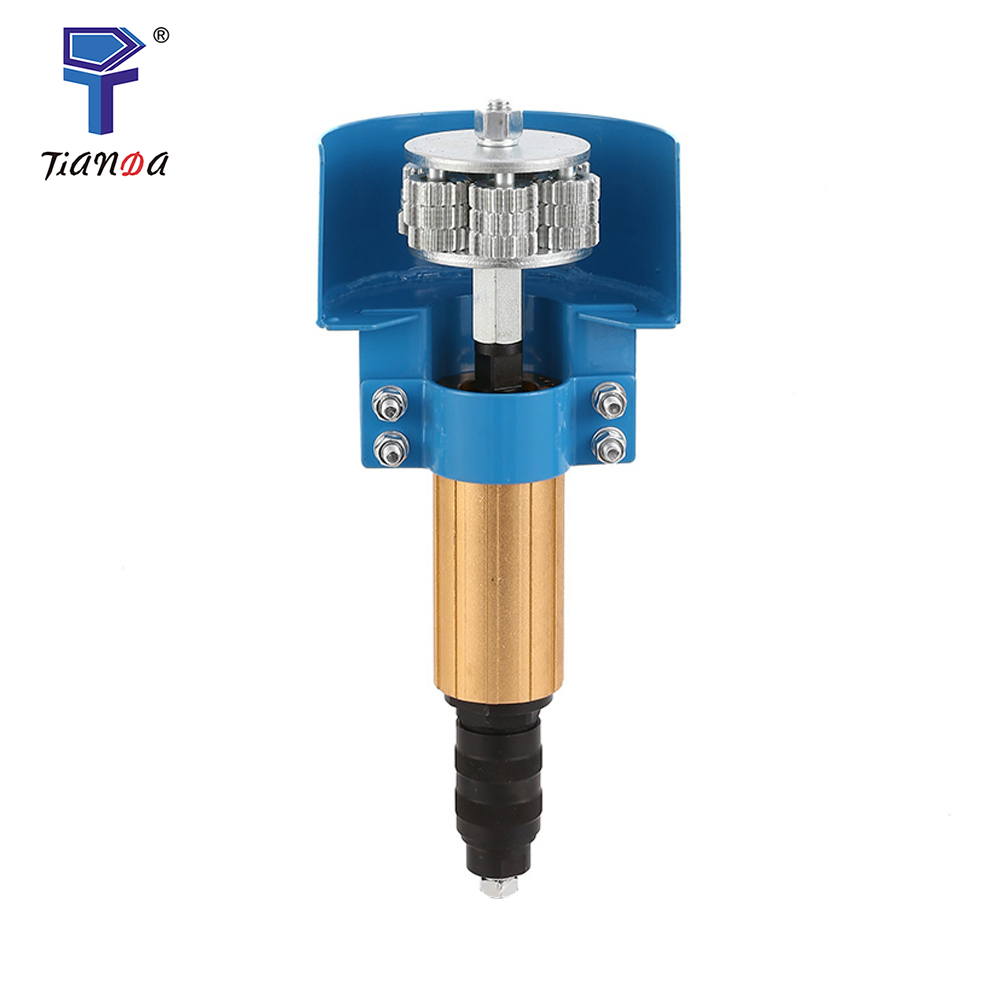
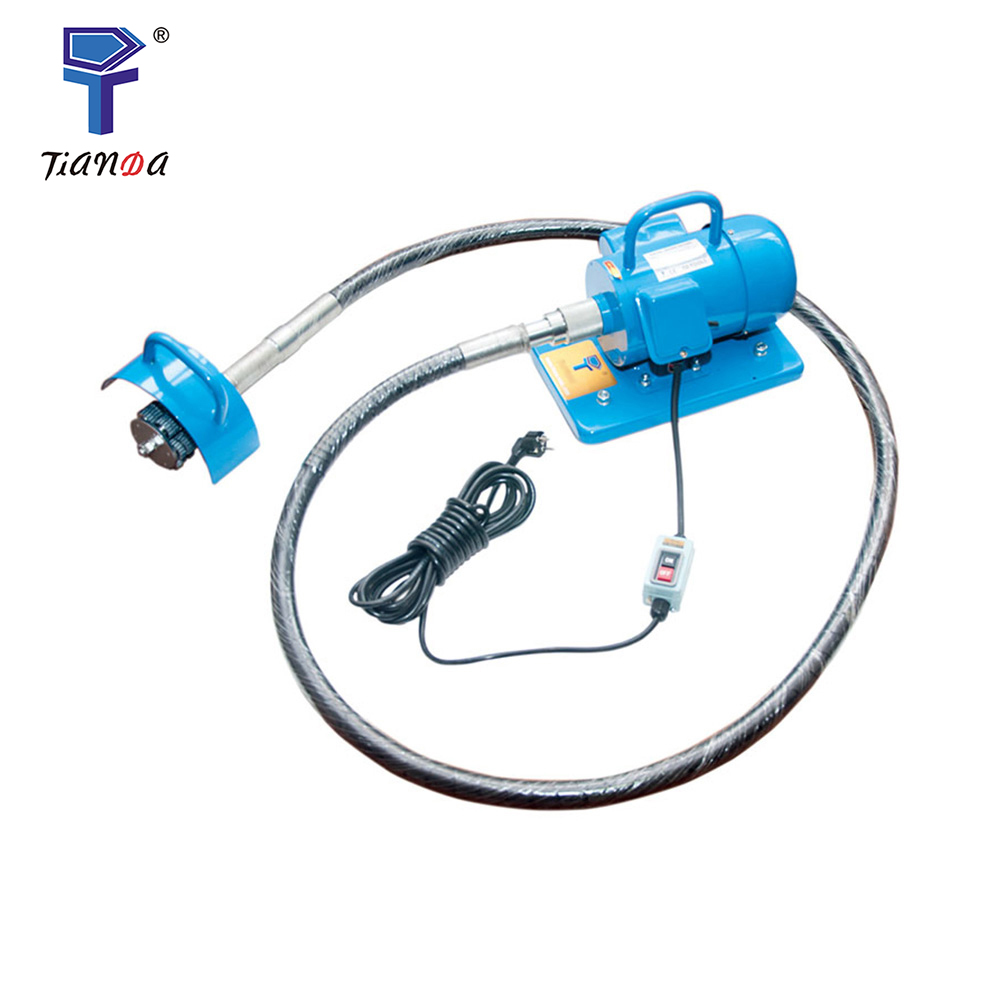
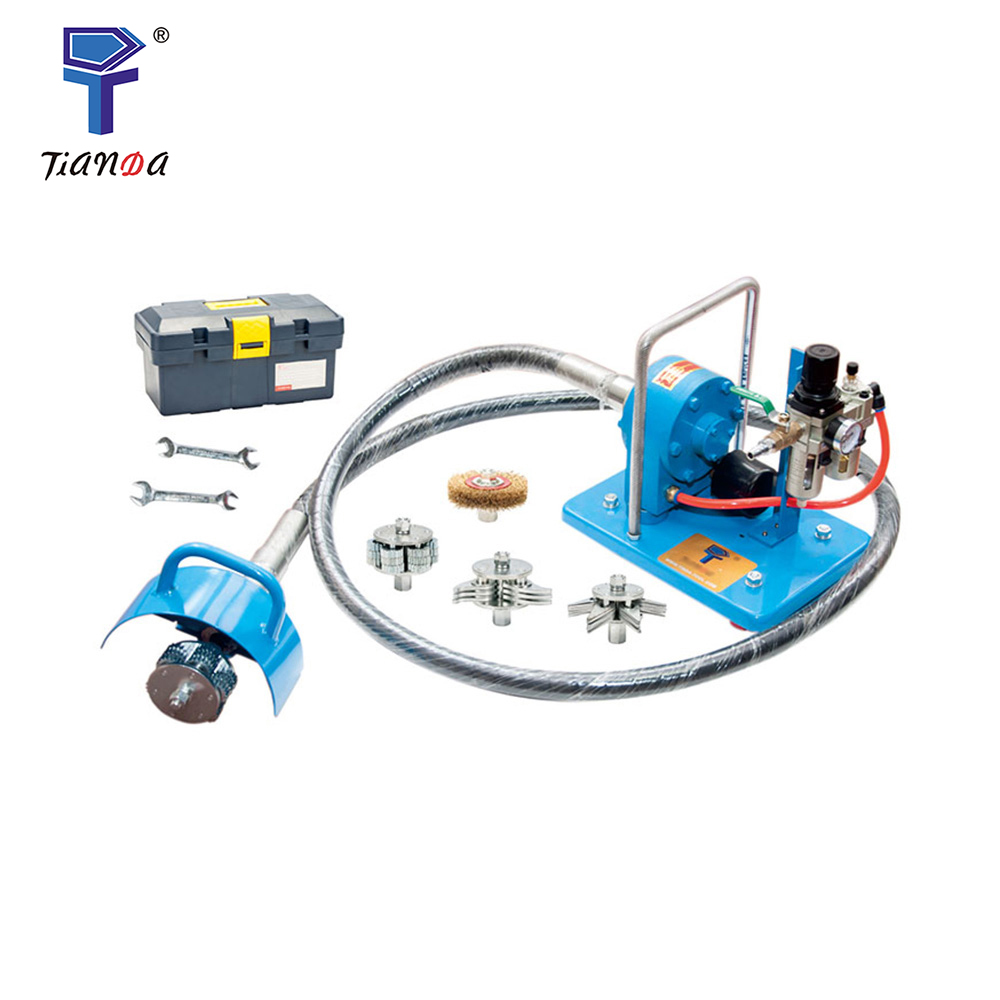
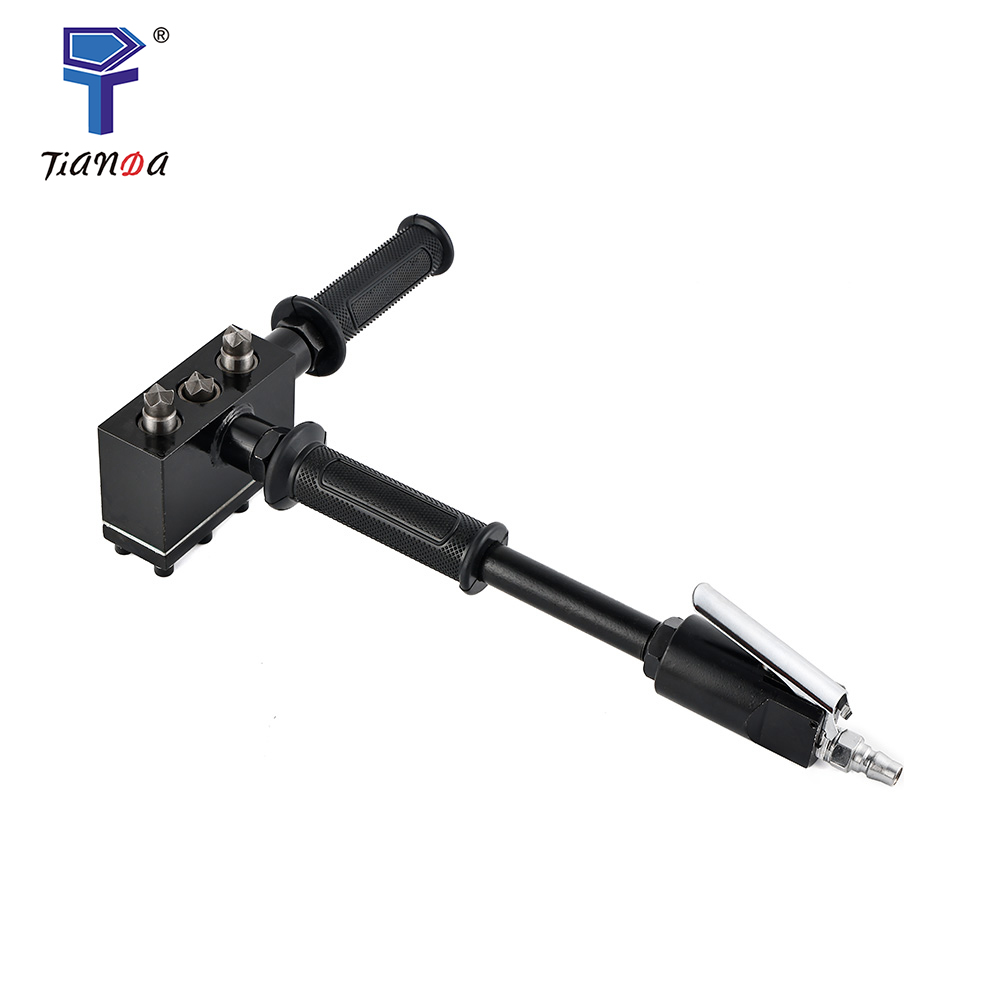
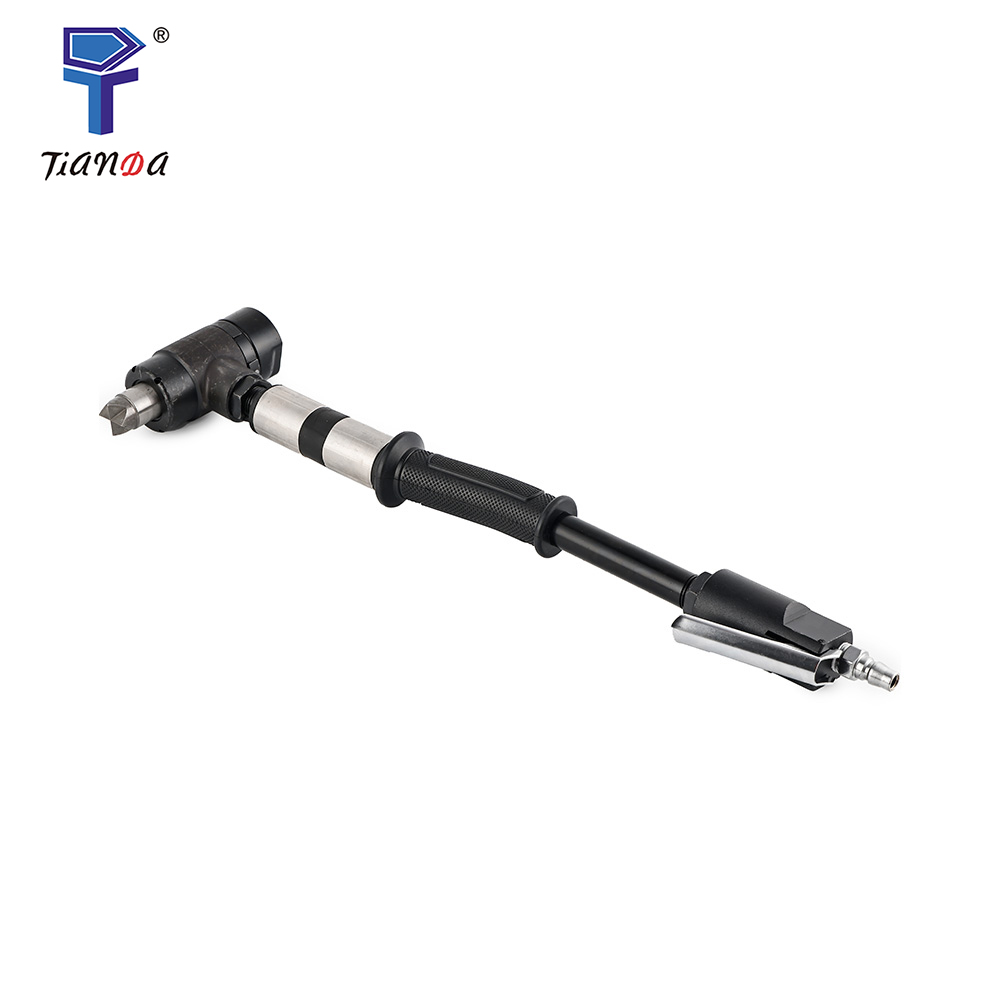
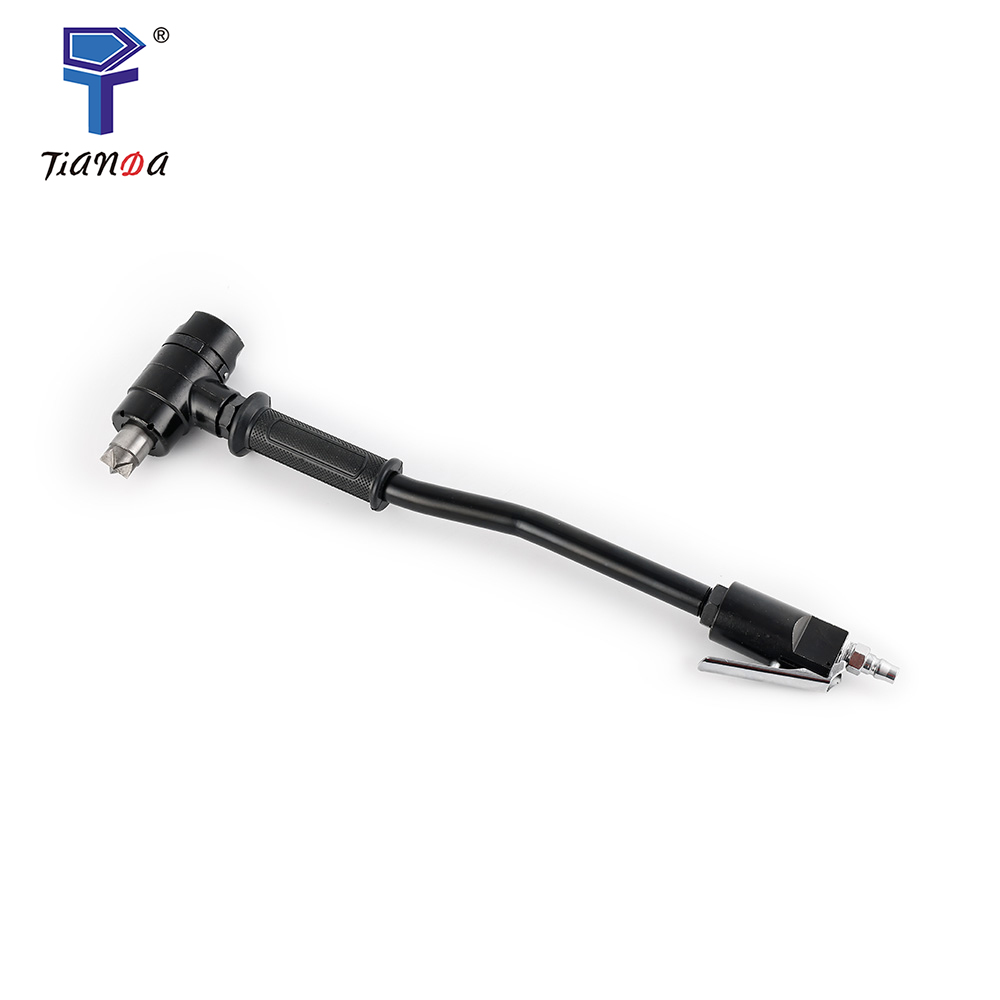
 No. 108, Beltway Avenue, automobile andmotorcycleindustrial park, Yühuan, Zhejiang, China.
No. 108, Beltway Avenue, automobile andmotorcycleindustrial park, Yühuan, Zhejiang, China.
 +86-0576-87225288/+86-576-80735186
+86-0576-87225288/+86-576-80735186 +86-17816566269/86+18957645051
+86-17816566269/86+18957645051